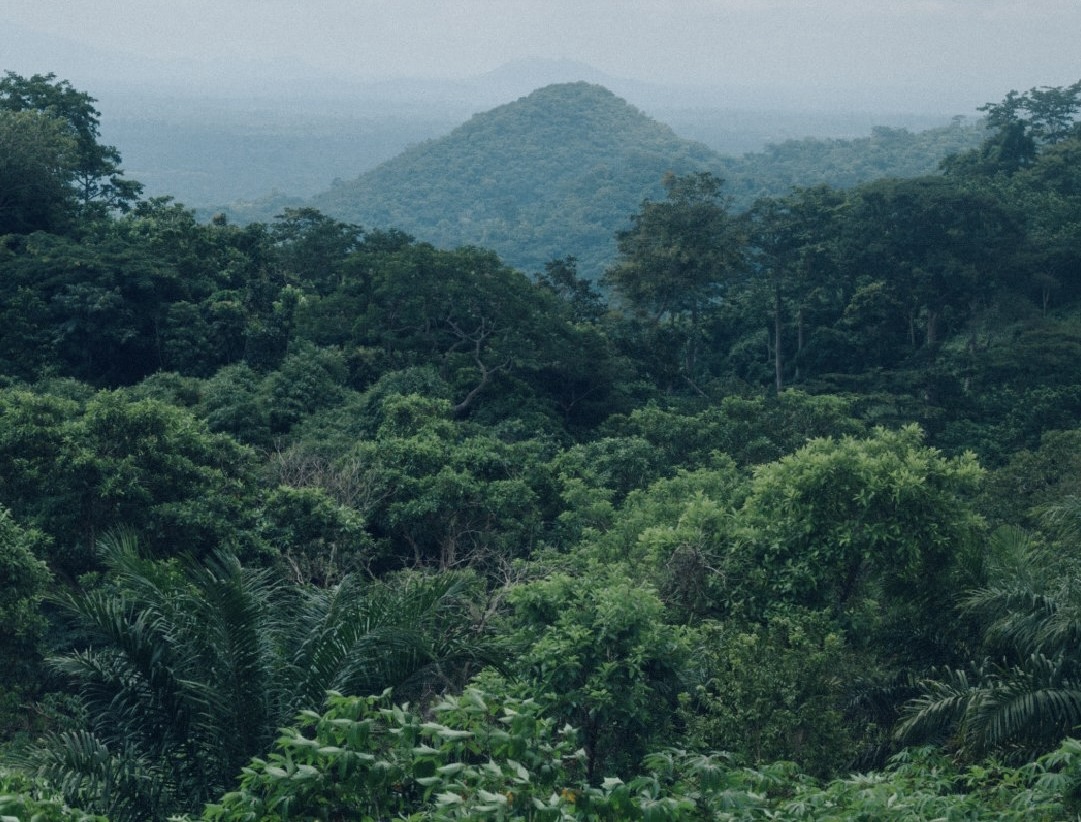Investigations
Alarm as Fake Environmentalists Engage in Carbon Credits Fraud

Rural communities fall victim to sophisticated scams as unregulated sector creates perfect storm for exploitation
A wave of fraudulent carbon credit schemes is sweeping across Kenya’s rural areas, with fake environmentalists exploiting vulnerable communities desperate to participate in climate action initiatives.
The sophisticated scams have prompted urgent calls for legislative intervention, as environmental stakeholders warn that the country’s largely unregulated carbon market has become a playground for imposters preying on unsuspecting farmers and pastoralists.
“We are witnessing an unprecedented surge in fraudulent activities,” Peter Odhengo, director of the Financing Locally Led Climate Action programme, told stakeholders during a recent climate workshop in Naivasha. “These criminals are taking advantage of Kenyans’ genuine desire to contribute to climate solutions.”
The fraudsters, posing as certified environmental professionals, approach rural communities with promises of lucrative carbon credit agreements. They exploit the growing global interest in carbon markets, where companies and nations purchase credits to offset their emissions by funding conservation or reforestation projects.
What makes these scams particularly insidious is their sophisticated appearance. The fraudsters arrive with official-looking documentation, technical jargon, and promises of immediate payments for tree planting or land conservation commitments that span decades.
“They target communities that lack access to information about legitimate carbon markets,” explained a source familiar with the schemes who requested anonymity. “Many victims only realize they’ve been duped when no payments materialize, or when they discover their land rights have been compromised.”
The Environmental Professionals Society of Kenya Bill 2025, currently before Parliament, represents the first comprehensive attempt to address this regulatory vacuum. The legislation would establish mandatory registration and oversight of environmental professionals – a move experts say is long overdue.
“We are the only profession that has allowed practitioners with no background in our trade to operate freely,” Odhengo noted, highlighting the urgent need for professional regulation.
The timing of these scams coincides with Kenya’s ambitious climate commitments. The country has pledged to reduce greenhouse gas emissions by 32 percent by 2030 under its Nationally Determined Contribution programme, creating legitimate opportunities in the carbon market that fraudsters are exploiting.
Real carbon credit projects, when properly implemented, can provide significant benefits to rural communities. However, the current regulatory void has created an environment where distinguishing between legitimate and fraudulent schemes has become nearly impossible for ordinary citizens.
Members of Parliament attending the Naivasha forum acknowledged the severity of the situation. Senator Moses Kajwang called for a comprehensive review of the Climate Change Act 2016 to address emerging challenges, including market fraud.
“A review of our climate law is crucial to ensure it effectively addresses the evolving nature of climate change,” Kajwang stated, emphasizing the need for updated legislation that can tackle both environmental challenges and market exploitation.
The scams have already disrupted legitimate conservation efforts in some areas. In Isiolo County, courts have blocked operations by Northern Kenya Rangelands, a carbon project organization, following disputes over agreements in two wards – illustrating how fraudulent activities can undermine genuine initiatives.
Environmental lawyers warn that the current situation could permanently damage Kenya’s reputation in international carbon markets if not addressed swiftly. The country’s position as a regional climate leader depends partly on maintaining credible, transparent carbon trading systems.
“The international community is watching,” said one legal expert. “If Kenya cannot regulate its own carbon market, it risks losing access to the billions of dollars in climate finance that could fund legitimate conservation projects.”
As Parliament considers the Environmental Professionals Bill, rural communities remain vulnerable to ongoing exploitation. Environmental groups are calling for immediate public awareness campaigns to help communities identify and report fraudulent schemes while longer-term regulatory solutions are developed.
The stakes could not be higher. Kenya’s climate ambitions, rural livelihoods, and international reputation all hang in the balance as the country races to regulate an industry that has already proven too attractive to criminals and too lucrative to ignore.
Kenya Insights allows guest blogging, if you want to be published on Kenya’s most authoritative and accurate blog, have an expose, news TIPS, story angles, human interest stories, drop us an email on [email protected] or via Telegram
-

 Grapevine2 weeks ago
Grapevine2 weeks agoRussian Man’s Secret Sex Recordings Ignite Fury as Questions Mount Over Consent and Easy Pick-Ups in Nairobi
-

 News7 days ago
News7 days agoTHE FIRM IN THE DOCK: How Kaplan and Stratton Became the Most Scrutinised Law Firm in Kenya
-

 Investigations1 week ago
Investigations1 week agoMulti-Million Dollar Fraud: Three Kenyans Face US Extradition in Massive Cybercrime Conspiracy
-

 Economy1 week ago
Economy1 week agoIran Demands Arrest, Prosecution Of Kenya’s Cup of Joe Director Director Over Sh2.6 Billion Tea Fraud
-

 Business1 week ago
Business1 week agoA Farm in Kenya’s Rift Valley Ignites a National Reckoning With Israeli Investment
-

 Africa1 week ago
Africa1 week agoFBI Investigates Congresswoman Ilhan Omar’s Husband’s Sh3.8 Billion Businesses in Kenya, Somalia and Dubai
-

 Grapevine3 days ago
Grapevine3 days agoA UN Director Based in Nairobi Was Deep in an Intimate Friendship With Epstein — He Even Sent Her a Sex Toy
-

 Politics2 weeks ago
Politics2 weeks agoSifuna, Babu Owino Are Uhuru’s Project, Orengo Is Opportunist, Inconsequential in Kenyan Politics, Miguna Says
















